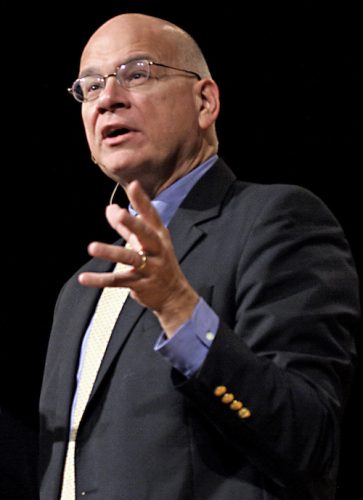Zondervan
Hardcover
ISBN 978-0310128687
£17.99
320 pages
I have enjoyed hearing Tim Keller’s sermons and reading/reviewing his books. When I did a masters’ degree thesis on contemporary idols, I used Tim Keller’s ministry at Redeemer Presbyterian Church in Manhattan as a case study. It is, therefore, something of a treat to get my hands on this book. The title is not exactly catchy or inspiring, but looking beyond that, this book delivers an illuminating insight into a man and an era.
It is a bit like listening to the tunes that influenced a great musician or looking at the paintings that have inspired a great artist or see footage of the footballers in history who have inspired a footballing genius today.
I like the words that Colin Hansen uses to describe this book: Spiritual Intellectual Formation.
The beating heart of any Christian leaders’ life is their spirituality. It is good to read about how the young Timothy Keller learned to follow Jesus, read the Bible and live out his faith in practice. This is a story of understanding and passion. Christianity for Keller is founded on the truth as revealed in Scripture, but is expressed in a life that seeks to experience the inextinguishable fire of a heart set free by the gospel of grace.
Keller has been a pastor, counsellor, seminary teacher, church planter, and leader of a movement for change in New York and beyond. This requires a hard work of developing a theological framework. Hansen walks us through some of the key mentors and books that have shaped Keller’s thinking over the decades.
What impressed me was how he chose these mentors and books carefully, and chewed over their insights thoroughly. The author speaks of Keller’s ability to synthesise and articulate clearly what he reads. He also suggests that in the future we would do well not to merely quote Keller but to read the type of books he has read.
Life does not stand still, nor do the challenges to the gospel that Keller is so committed to proclaiming. Therefore, a nimbleness is required to apply an unchanging message to fresh questions, needs, and settings. This book records how Keller has been willing to adapt to change, by strategically thinking through his theology in context.
This is notably illustrated by the response to the aftermath of the 9/11 attacks on the Twin Towers in Manhattan, when Keller’s church tripled in size as people flocked in to find answers after their world had been turned upside-down.
Some readers might have preferred a more critical treatment of Keller’s theological and strategic choices. We benefit most from our heroes when we are aware of their blind spots and missteps.
Yet we are in indebted to the author for his illuminating story of how a man brought up in a traditional evangelical background has stood firmly on that foundation to build a church that engages well with the intellectual, spiritual and moral issues that have arisen in a postmodern era.
John Woods is a writer and Bible teacher based in West Sussex. He is Director of Training at the School of Preachers in Riga, Latvia.










